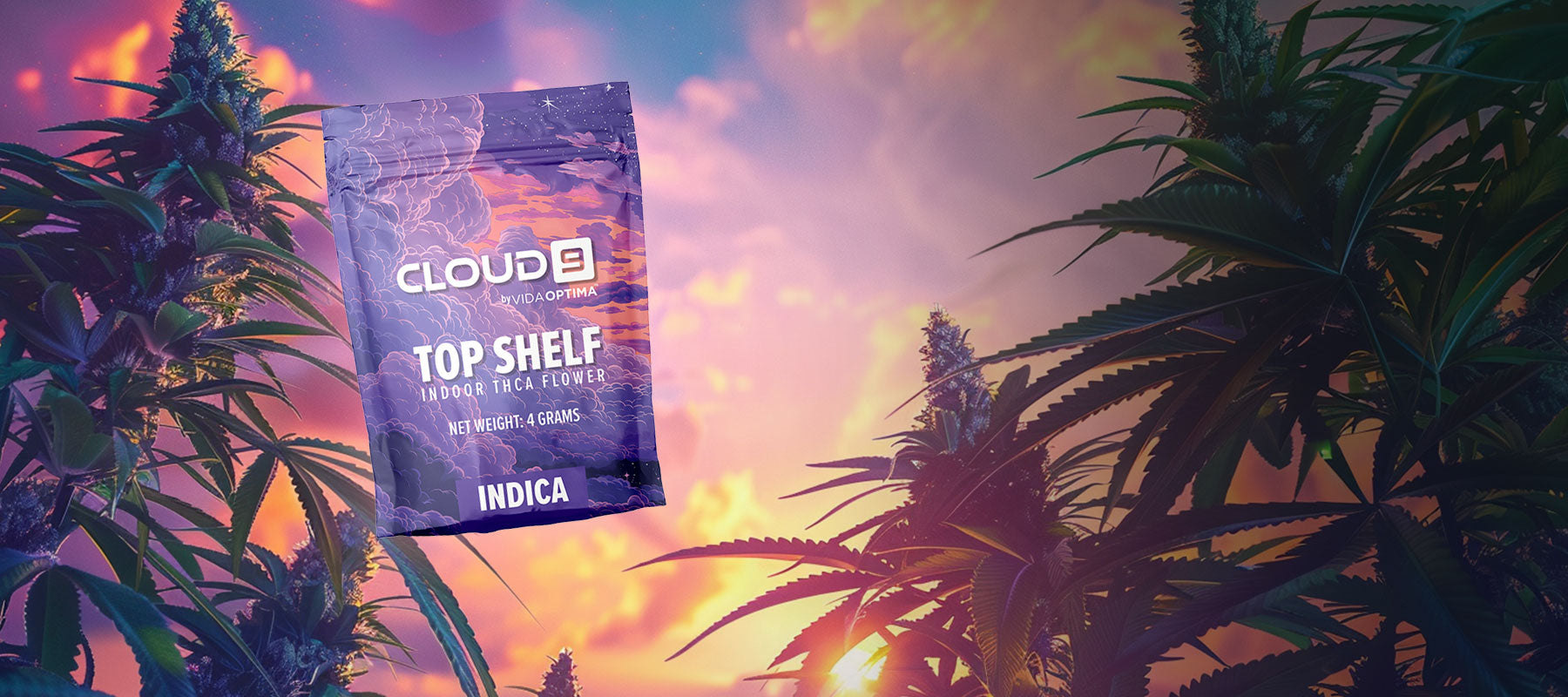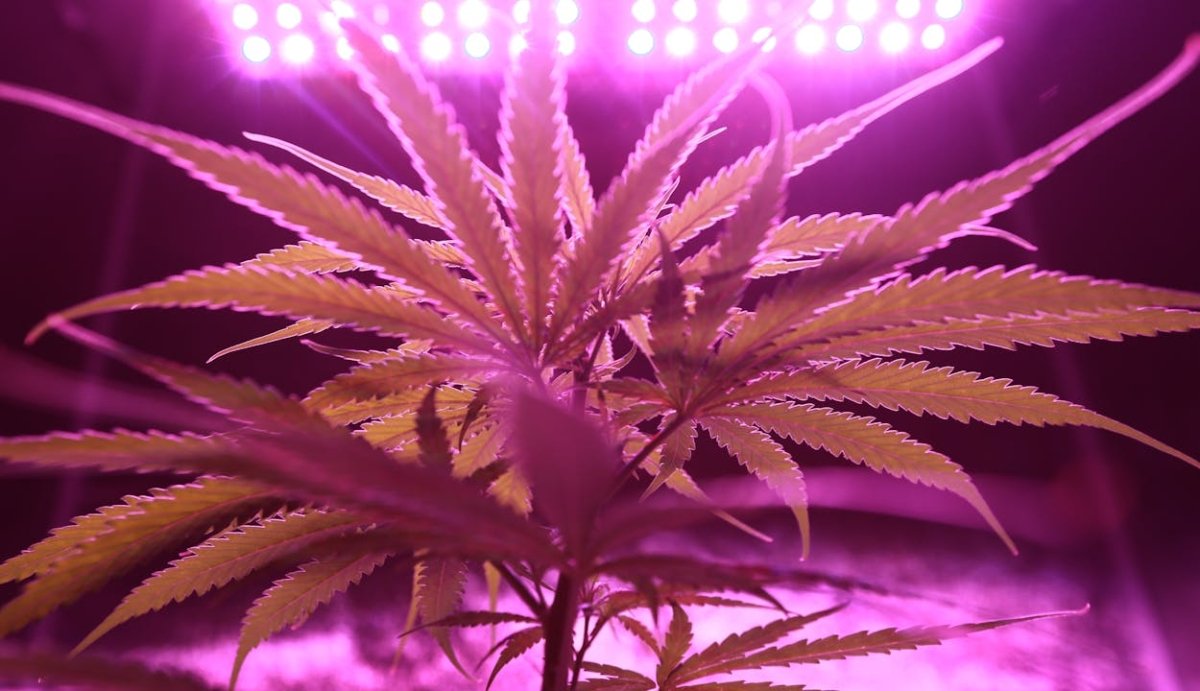Your Cart is Empty
FREE SHIPPING ON ALL ORDERS $75+
Cannabinoids like THC have been around for decades. But two new players have emerged on the scene—THCO and THCP. These compounds are gaining attention for their potent psychoactive effects. Let's dive into THCO vs THCP and break down what you need to know.
Table of Contents
What is THCO?
What is THCP?
THCO vs THCP: Key Differences
Potency
Effects
Extaction Process
Legality
Consumption Methods
Side Effects
Conclusion
THCO, also known as THC acetate, is a synthetic cannabinoid. It's made in a lab by adding acetic anhydride to delta-8 THC. This makes THCO about three times more powerful than regular THC.

THC-O isn't naturally occurring, so it's usually made in a laboratory. Here's how:
Making THC-O is a complex and hazardous process that should only be done in a professional lab. This approach ensures a consistent, potent, and safe product for commercial use. Read “Is THC-O Synthetic?” to learn more.
Research shows that THCO is nearly three times more potent than traditional Delta-9-THC, and about five times stronger than Delta-8 THC. It's known for its intense effects, which is why many consumers find it enticing.
Here's what users typically experience with THC-O:
However, the heightened potency of THC-O can also bring side effects, such as:
Reactions to THC-O can vary, so it's crucial to start with a low dose and see how your body responds.
THCP stands for tetrahydrocannabiphorol. It's a naturally occurring cannabinoid, but it's super rare. THCP binds to CB1 receptors in the brain 33 times more effectively than THC. That makes it one of the most potent cannabinoids out there.
THCP is usually made in a lab because it's so rare in hemp plants. Here's how it's done:
This lab-based method ensures consistent and safe production of THCP for commercial use.
THCP is generally recognized as more potent than THC, often producing more intense psychoactive effects. Users report experiencing:
However, these potent effects can also lead to side effects like:
Keep in mind that reactions can vary from person to person, so it's essential to start with a low dose and monitor how you respond.

Now that we’ve covered some basics for both THCO and THCP, let’s tackle the question of the hour–how do these two cannabinoids compare?
Let's look at THCO vs THCP across a few key areas:
THCP is much more potent than THCO.
More specifically, THCP is thought to be at least twice as strong as THCO. For perspective, THCP is around ten times more powerful than traditional Delta-9-THC, while THCO is about three times more potent than delta-9 THC.
The effects of THCO vs THCP can vary. THCO is typically energetic, while THCP is more relaxing. Your experience will depend on your tolerance and dose.
In general, though, you should choose THCO for an uplifting cerebral high and THCP for an intense, mildly sedating body-high experience.
Both THCO and THCP are synthetically derived from natural hemp compounds, but for different reasons. THCO does not occur naturally in the plant and can only be made via acetylation. THCP does occur naturally in hemp plants, but only in miniscule amounts that are not viable for extraction. So, THCP is mainly synthesized from CBD.
The extraction process for each is unique. Here are some differences:
Starting Materials
Chemical Conversion
Purification
Safety and Complexity
Overall, the key differences between the processes for THCP and THC-O production lie in the starting materials, chemical conversion methods, and associated safety considerations. While both rely on advanced lab techniques to ensure a consistent and safe final product, THC-O's production process involves more hazardous steps, emphasizing the need for a professional lab setting.
Both THCO and THCP are federally legal when derived from hemp plants containing less than 0.3% THC. However, state laws regarding the use and sale of cannabinoids may vary, necessitating compliance with local regulations.
You may want to read more about state hemp THC laws to understand the full scope of THCO and THCP legality:
Both THCO and THCP are available in a variety of forms, including vapes, edibles, tinctures, and flower. The choice of consumption method depends on individual preferences, desired onset time, and convenience.
Most of what we know about side effects of THCO or THCP comes from what we know about THC’s side effects in general. In other words, you should be aware of the side effects associated with all THC products and understand that all THC products affect each individual differently.
In general, the side effects most commonly associated with THC products include:
You should also consider that some cannabinoids have drug interactions and may disrupt regular medication routines. Read “THC-O Drug Interactions” to learn more.
Selecting between THCO and THCP depends on personal preferences, potency preferences, desired effects, and potential therapeutic benefits. Experimentation and exploration may be necessary to determine which cannabinoid best suits your needs and experiences. Here are a few tips to help you decide:
THCO and THCP are powerful cannabinoids. They're gaining popularity for their intense effects. But they can also be risky, especially if you're new to them. Always start slow and be cautious.
Before you try either, make sure you're aware of the legal regulations in your area. And always buy from reputable sources that follow safety standards.
THCO vs THCP—both offer unique experiences. The key is to find what works best for you and enjoy responsibly.

Comments will be approved before showing up.



